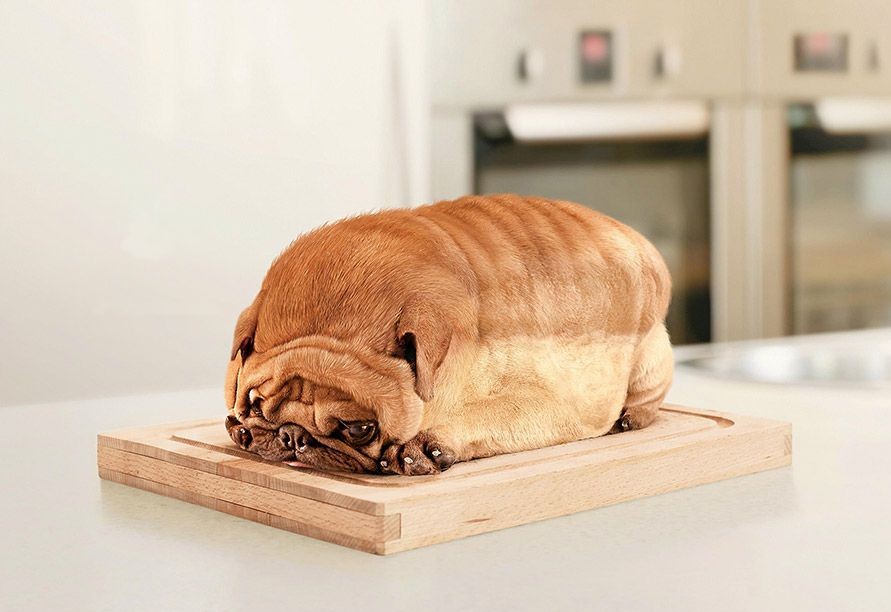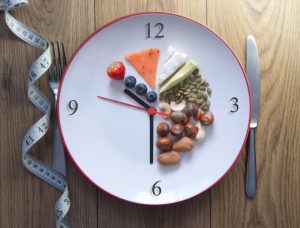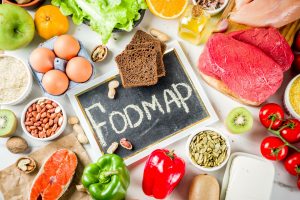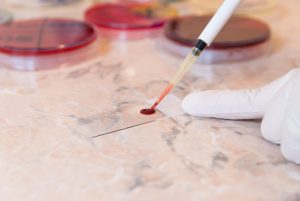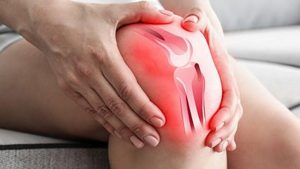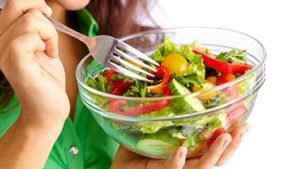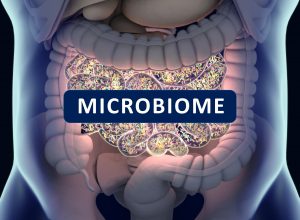Here are two truisms about the human condition that have been around for decades:
1) Everyone thinks they are funny.
2) Everyone thinks they are great in the sack.
We can now add a third:
3) Everyone thinks they have a gluten problem.
Gluten is the common name for a protein found in wheat, barely, and rye. It is literally the “glue” that gives most food its shape and holds it together. For some, just one bite of a glutenous food damages their small intestine and can cause a range of symptoms including abdominal pain, gas, bloating, diarrhea or constipation. So having a gluten problem is a real thing. It’s not like it is a condition made up by bored soccer moms living on Los Angeles’ West Side. Authentication is not the issue – confusion is.
See, medical science does not actually recognize the term “gluten allergy.” So when people say, “I have a gluten allergy,” what they might mean is that they might suffer from celiac disease, which is not an allergy but indeed a serious condition. They also might mean that they suffer from a wheat allergy, which is a true allergy. Or they might suffer from “gluten sensitivity” which has symptoms similar to celiac disease but is not the same as a wheat allergy and is still not technically an allergy. All of this is just a big ball of confusion and, when you add to it the fact that so many of us self-diagnose (thank you very much, Web MD), then it’s no wonder why it seems like the entire world is bloated after eating blueberry pancakes.
In the United States alone, the gluten-free market is valued at $4.2 billion and climbing. As rap legend E-40 would say, that is a whole lot of scrilla. In fact, that is way more scrilla than the amount of people who actually suffer from a gluten intolerance (stats have that at around twenty million). So that means that people are buying gluten-free products because 1) They have a legitimate reason to, 2) they think they have a legitimate reason to, or 3) they are blindly following a trend because they don’t know any better.
Gluten is in almost everything. Soups, spreads and sauces, flavoring found in cereals or noodles, spices, teas, coffees, beer (the horror!), filler in processed meats, imitation seafood, and even vegetarian substitutes may contain gluten. So if you have an intolerance to gluten, chances are that all of the above will cause you intestinal distress if you consume them. You pretty much have to give up all of them. You can’t just give up pasta and bread and then climb up on your rooftop and scream, “Cured, bitches!” It unfortunately doesn’t work like that. In a perfect world we could pick and choose which foods give us tummy aches, but alas, a perfect world we do not live in.*
(*Yodafied sentence to emphasize importance.)
Eating gluten-free foods when you don’t have a diagnosed gluten problem can actually make you unhealthier. Many gluten-free foods are processed foods that actually have less vitamins, minerals, and fiber than the regular food and thus can have even less nutritional value. They may even be higher in fat and lower in protein. So while you are thinking, “Hey! I am treating my body like a temple,” as you shove gluten-free cookie after gluten-free cookie down your gullet, you are actually doing your body the same disservice as if you were downing spoonfuls of pure butter covered in cinnamon sugar. (A girl I dated in high school did this. It was awesome and terrifying all at the same time.)
And eating gluten free foods will not make you lose weight. Losing weight is all about calories going in vs. calories going out. Nothing more, nothing less. Yes, if you give up bread you will lose weight. But that’s not because of the lack of gluten now in your diet. It’s because you are eliminating a food substance from said diet. You could have gotten the same results by eliminating ice cream from your diet, only that would be way less fun.
So if you have a diagnosed gluten problem – keep on keepin’ on. If you think you may have a gluten problem – go see the doctor. If you don’t have a gluten problem but are acting like you do – stop. Just stop.
Image credit: chan4chan.com










